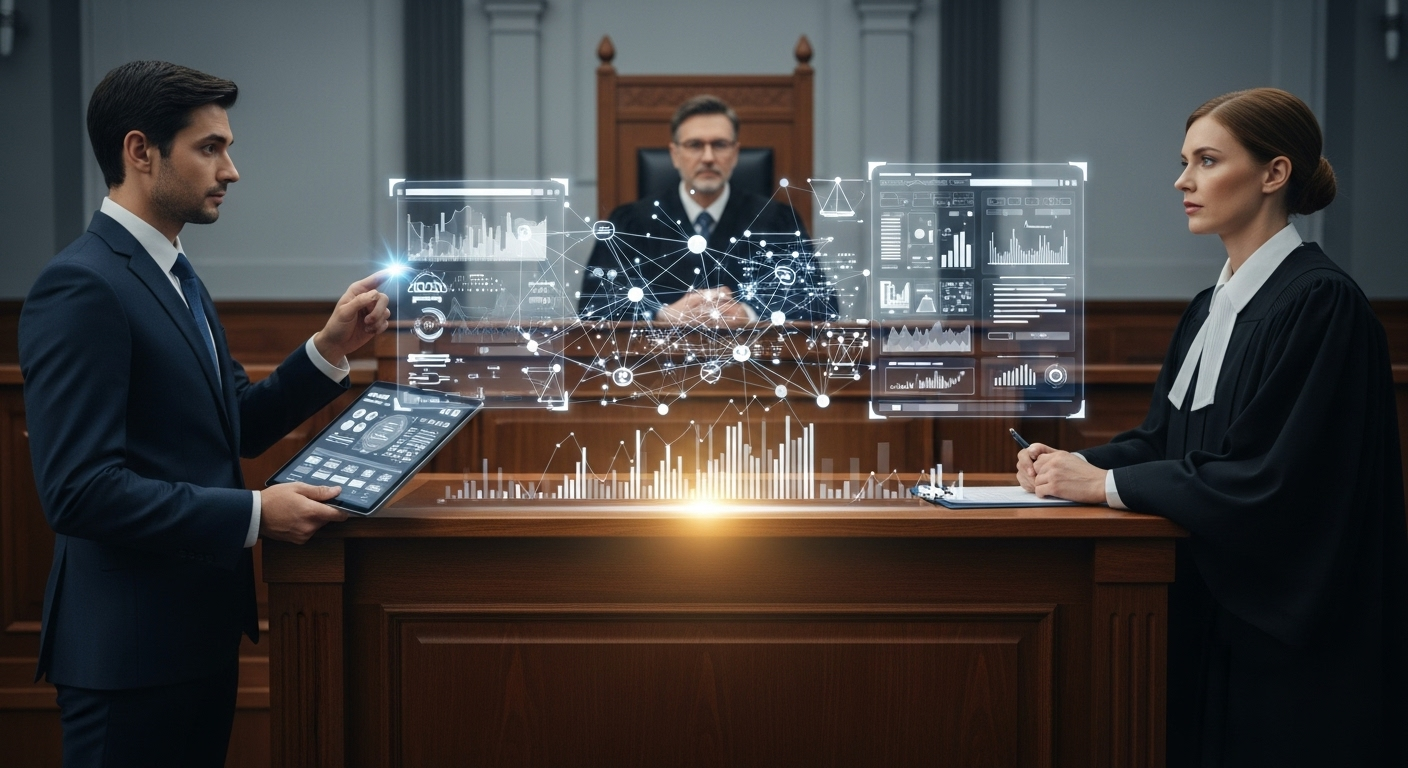Title: Revamping Legal Education: The Rise of Tech-Integrated Law Schools
Introduction: In an era of rapid technological advancement, law schools are undergoing a transformative shift. This article explores the emerging trend of tech-integrated legal education, examining how innovative curricula and cutting-edge tools are reshaping the way future lawyers learn and practice.

Artificial Intelligence in Legal Curricula
One of the most significant developments in tech-integrated legal education is the incorporation of artificial intelligence (AI) into law school curricula. Leading institutions are now offering courses that teach students how to leverage AI for legal research, document review, and predictive analytics. These courses go beyond theoretical discussions, providing hands-on experience with AI-powered legal tools that are becoming increasingly prevalent in law firms and corporate legal departments.
Virtual Reality and Simulated Courtrooms
Virtual reality (VR) technology is revolutionizing the way law students prepare for courtroom proceedings. Advanced VR simulations allow students to practice their advocacy skills in immersive, realistic courtroom environments. These virtual courtrooms can be customized to replicate various jurisdictions and scenarios, providing students with diverse and practical experiences that were previously impossible to recreate in traditional moot court settings.
Blockchain and Smart Contracts in Legal Studies
As blockchain technology and smart contracts gain traction in various industries, forward-thinking law schools are incorporating these topics into their curricula. Students are learning not only about the legal implications of blockchain and cryptocurrencies but also how to draft and execute smart contracts. This knowledge is becoming increasingly valuable as more businesses adopt blockchain-based solutions for transactions and record-keeping.
Data Analytics and Legal Strategy
The integration of data analytics into legal education is equipping future lawyers with powerful tools for case strategy and risk assessment. Law schools are offering courses that teach students how to use data visualization tools, predictive modeling, and statistical analysis to inform legal decision-making. This analytical approach to law is particularly relevant in areas such as litigation strategy, regulatory compliance, and corporate risk management.
Ethical Considerations in Tech-Integrated Legal Education
As law schools embrace technology, they are also grappling with the ethical implications of these advancements. Curricula now include in-depth discussions on the ethical use of AI in legal practice, data privacy concerns, and the potential biases inherent in algorithmic decision-making. These conversations are crucial in ensuring that future lawyers can navigate the complex intersection of technology and legal ethics.
Challenges and Opportunities
While the integration of technology in legal education offers numerous benefits, it also presents challenges. Law schools must continually update their curricula to keep pace with rapidly evolving technologies. Additionally, there is an ongoing debate about balancing traditional legal theory with practical tech skills. However, the opportunities presented by this educational evolution are significant, potentially producing more versatile, efficient, and innovative legal professionals.
The Future of Legal Practice
The tech-integration trend in legal education is not just about preparing students for the current legal landscape; it’s about shaping the future of legal practice. Graduates from these innovative programs are entering the workforce with a unique skill set that combines traditional legal knowledge with technological proficiency. This new breed of lawyers is poised to drive innovation in law firms, corporate legal departments, and the justice system as a whole.
In conclusion, the integration of technology into legal education represents a paradigm shift in how future lawyers are trained. By embracing AI, VR, blockchain, and data analytics, law schools are not only keeping pace with technological advancements but also actively shaping the future of the legal profession. As this trend continues to evolve, it promises to produce legal professionals who are better equipped to navigate the complexities of a tech-driven legal landscape, ultimately leading to more efficient, accessible, and innovative legal services.





